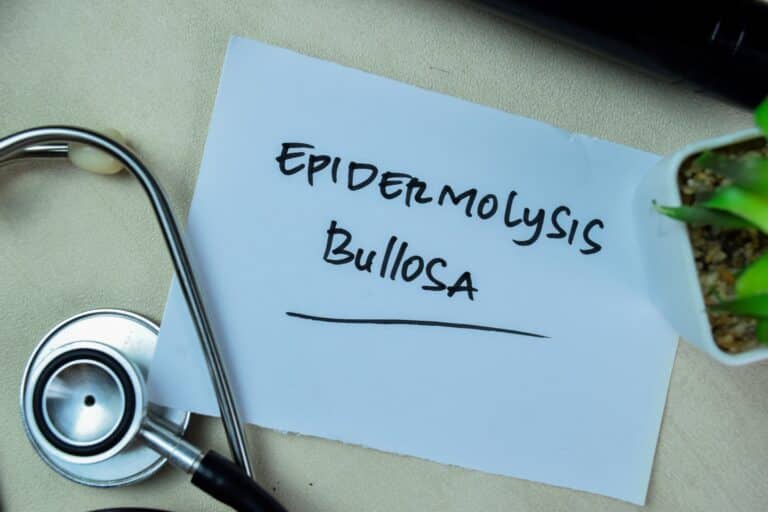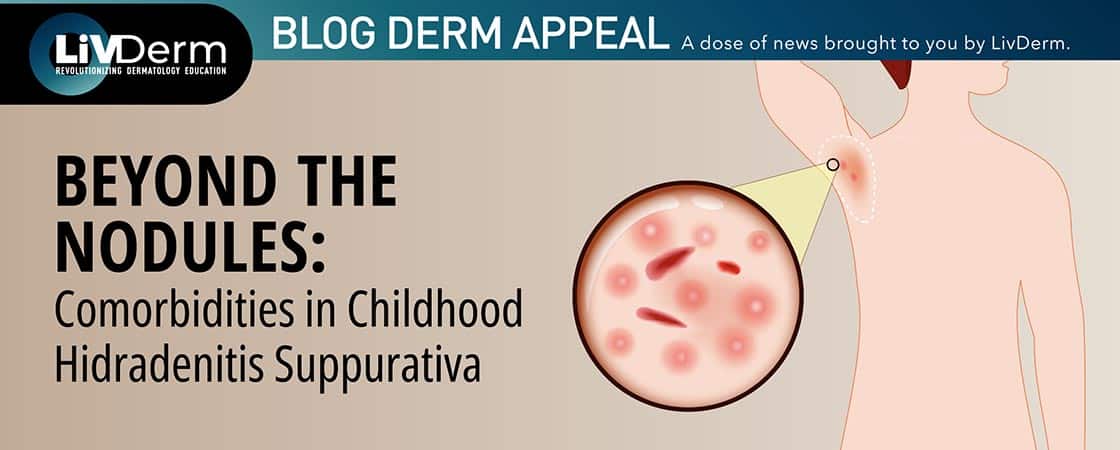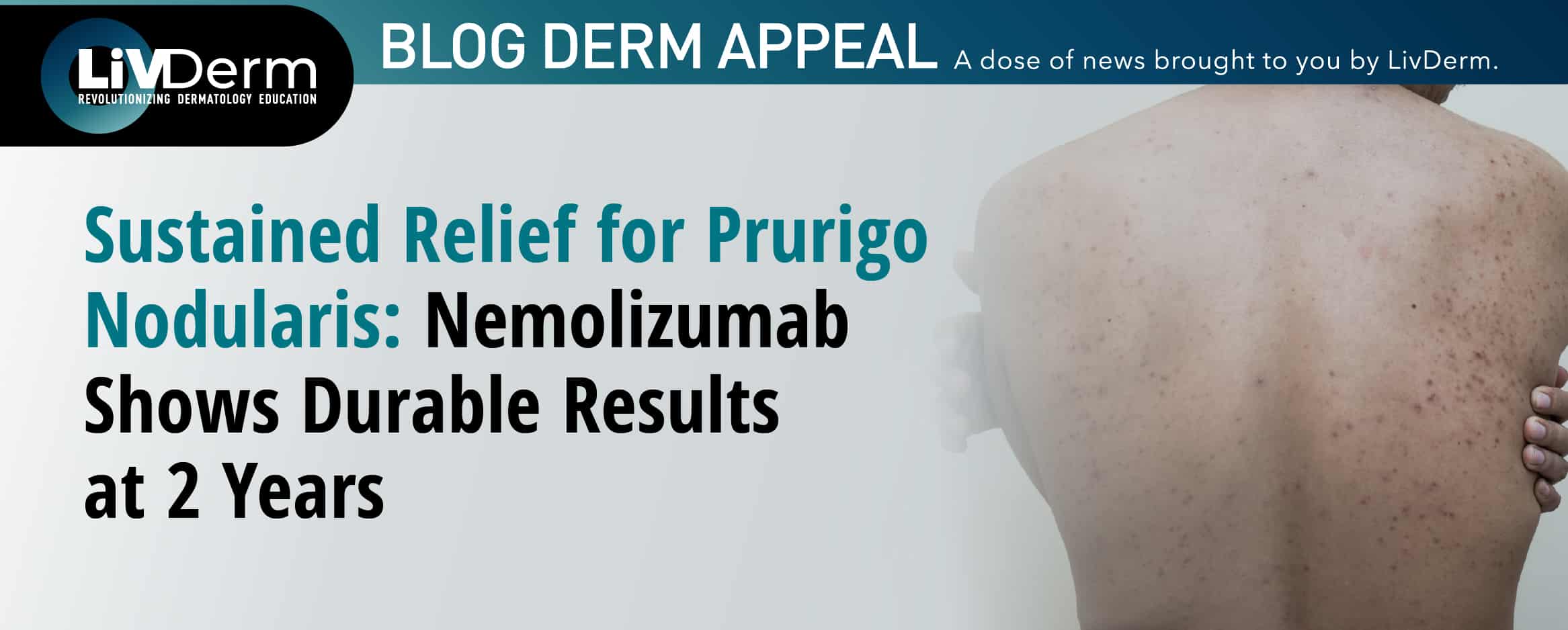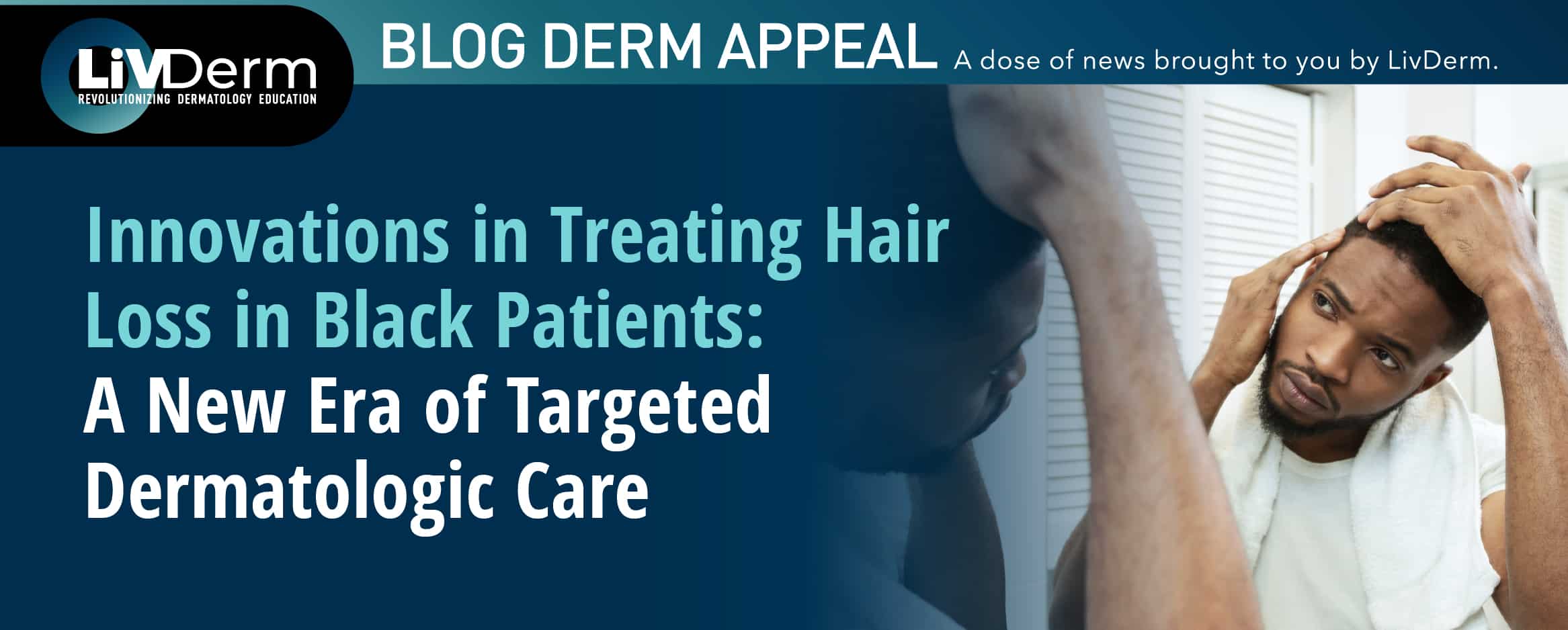The U.S. Food and Drug Administration (FDA) has granted BPGbio a Rare Pediatric Disease Designation for BPM31510T, its investigational treatment for epidermolysis bullosa (EB).

This news brings hope to the EB community affected by this rare genetic connective tissue disorder affecting approximately 20,000 children in the United States. Characterized by delicate, blister-prone skin that scars easily, EB can lead to serious, life-threatening complications. There is no cure for EB and currently treatment options are extremely limited.
The Rare Pediatric Disease Designation supports companies working on treatments for pediatric diseases that currently lack approved therapies. With this designation, BPGbio becomes eligible for a priority review voucher upon BPM31510T’s approval for EB. This is the second Rare Pediatric Disease Designation awarded to BPGbio for BPM31510. The first was granted for primary CoQ10 deficiency. Furthermore, BPM31510T has also been granted the FDA’s Orphan Drug Designation.
Building on the success of previous initiatives, BPGbio is partnering with DEBRA of America, the leading EB advocacy organization, to advance BPM31510T into clinical trials set to begin in 2025. Brett Kopelan, executive director of DEBRA of America, says, “The EB community is greatly encouraged by this designation, as patients and families remain hopeful for more effective treatments. We deeply appreciate BPGbio’s commitment to advancing research and expanding options for the EB community.”
BPM31510T supports wound healing in EB by targeting cellular and mitochondrial processes. According to BPGbio’s press release, “By influencing key pathways involved in wound healing—including inflammation, cell proliferation, and tissue remodeling—BPM31510T has been shown to support wound care in EB across multiple subtypes.”
Chief medical officer at BPGbio, Vijay Modur, M.D., Ph.D., has stated, “We are honored to offer hope for children who suffer from debilitating wounds and pain. Preliminary evidence from Phase 1 clinical trial suggests BPGbio’s BPM31510 appears to be well-tolerated and potentially efficacious in improving wound healing. We’re looking forward to validating these results further through Phase II/III trials.”
















